Tracing Early Consumer Culture
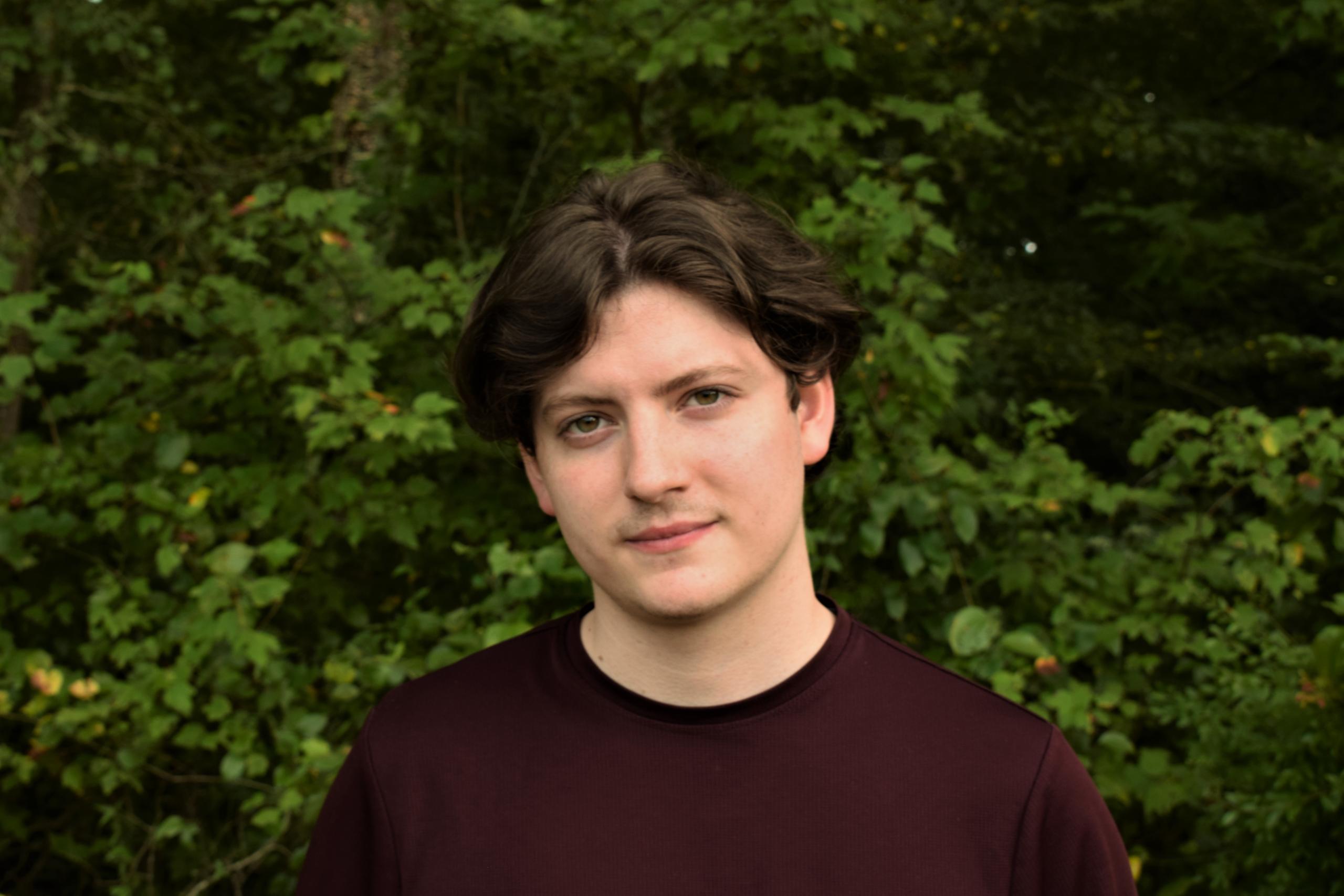
In summer 2020, Birmingham-Southern College began a new partnership with Duke University – one that provides important interdisciplinary research opportunities for students and faculty.
Andrew Scofield, a junior applied computer science major, and Dr. Jessica Hines, assistant professor of English, collaborated with students and faculty from Duke and Haverford College on a Duke Data+ research project. The Data+ program runs under the Rhodes Information Initiative at Duke, and it provides research experiences for undergraduates interested in approaching interdisciplinary topics and challenges through a focus on data.
Hines, who received her Ph.D. from Duke, previously worked with Data+ with Dr. Astrid Giugni. For this summer’s project, Hines and Giugni served as project leads with five student researchers, including Scofield.
“Giugni and I are in the process of developing a long-term project examining the changing language of consumer culture across the medieval and early modern periods,” Hines says. “Data+ gave us a starting point to launch that research.”
Scofield first learned about the project from his advisor, Assistant Professor of Applied Computer Science Dr. Amber Wagner, and he was excited to get research experience. He, Hines, and their team worked on one of 29 Data+ projects and focused on the question proposed by Hines and Giugni: what types of consumerism existed in the Late Middle Ages and Early Modern Period?
“Our team pulled 25,000 texts from a database and tried to, in some way, quantify and dimensionalize relationships between consumerism and various concepts, genders, and/or peoples,” Scofield says. “We used modern natural language processing techniques like word embedding and topic modeling to analyze the 700,000,000 words at our disposal.”
The period of study, roughly from 1475-1700, contained powerful cultural change. When analyzing these changes through large amounts of text, the team looked at how the Protestant Reformation and the rise of the market economy might have impacted language regarding consumption.
“What was really innovative about our team’s work is that, while word embedding models have been used to study later texts, it hasn’t been really applied to earlier texts,” Hines says. “Our team did great work at coming up with creative ways to get around the particular challenges that have previously made pre-1700 texts difficult to analyze.”
With the interdisciplinary focus of the program, and their project’s specific focus on digital humanities, Scofield saw his computer science education at BSC make a real impact.
“Oftentimes, it is hard to see the big picture of how what I have been learning is useful because I have no workplace experience to relate it to,” Scofield says. “Now that I have experienced how programming languages and humanities knowledge are used in data science research, I feel a lot more confident about myself and what I have learned at BSC up to this point.”
Following the team’s completed research, BSC has begun a fruitful partnership with Duke and the Data+ program. This summer, the Provost’s Office sponsored Scofield and the Krulak Institute supported Hines. The partners at BSC and at Duke are excited to see joint research between the two institutions.
“I think basing the opportunity in a partnership really strengthened the project itself, allowing us to do work that was truly interdisciplinary – merging humanistic research with data science – because of the range of backgrounds and interests the participants brought to the table,” Hines says.
Hines is looking forward to seeing more students get involved in collaborative, intercollegiate research projects. Not only do opportunities like Duke Data+ allow students to deepen studies within their academic major and focus, but interdisciplinary research also challenges students to explore new ideas and develop skills they haven’t been exposed to before.
“I did not know anything about programming languages, the basics of computer operation, or anything besides a few keyboard shortcuts that I thought were cool,” Scofield says. “But I was able to be a part of this amazing research project and feel confident in what I was able to bring to the table.”
You can read more about the team’s research findings and view their presentation, “For love of greed: tracing the early history of consumer culture,” here.
Project Leads: Astrid Giugni, Jessica Hines
Project Manager: Chris Huebner
Project Team: Donald Pepka, Andrew Scofield, Albert Sun, Daisy Zhan


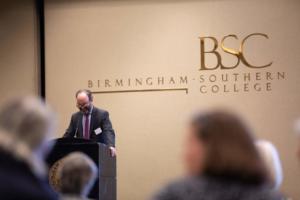
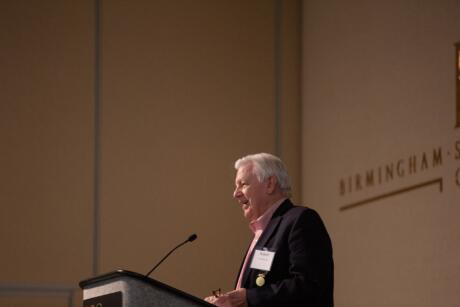
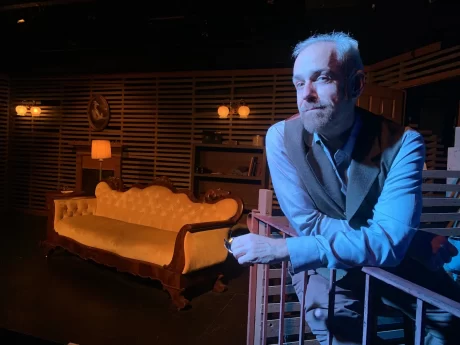
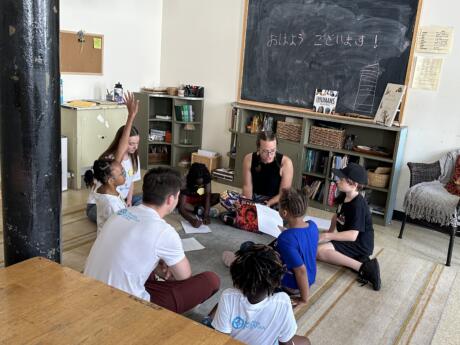
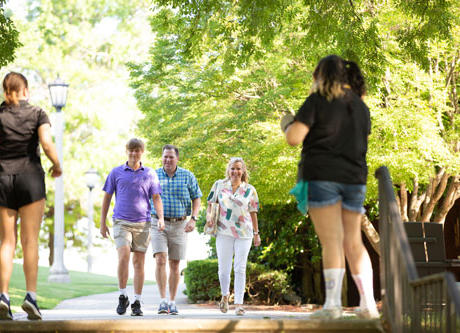
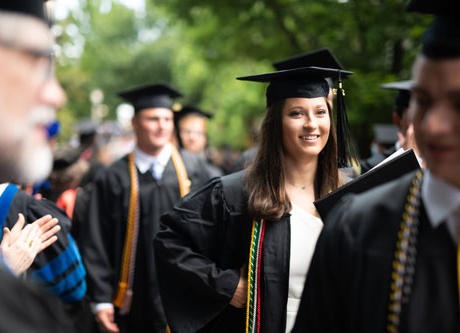
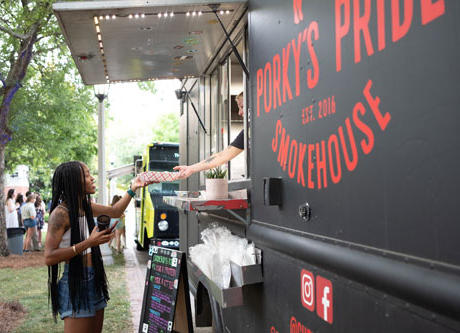
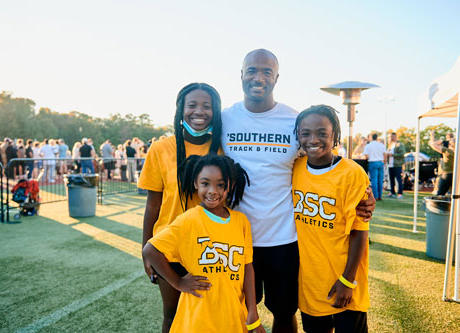
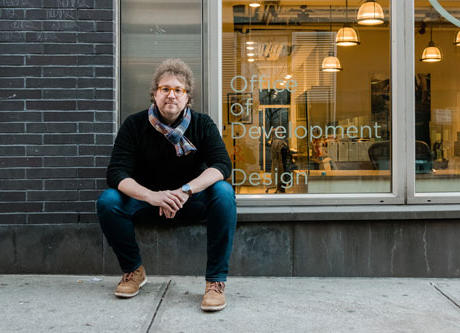
// Comments are closed //